The Leriche Technique
for
Peyronies Disease
last updated June 3, 2021
2:26 pm
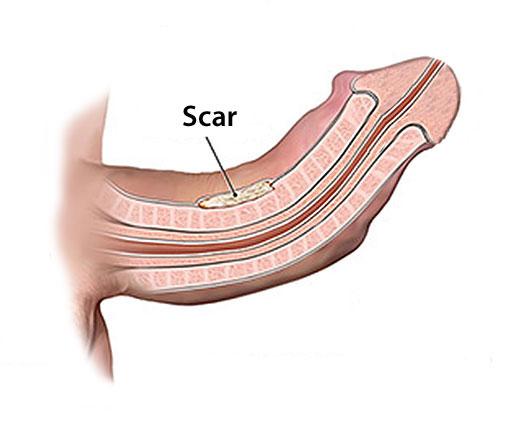
The Leriche technique, a surgical procedure to straighten a bent penis, at first seems like a great idea. It is minimally invasive and economical.
However, in the long run, it’s a disaster waiting to happen.
Why
is it
So Bad?
Using the Leriche technique to fix or straighten a bent penis just doesn’t make any real sense. And, fortunately, it is rarely used anymore.
The reason? It can cause more long term damage than it does good.
The technique is a surgical procedure that uses a wide needle or tiny scalpel to slice up the Peyronies scar/plaque formation.
It is far less invasive that the typical surgeries, and, that was the main drawing point of the procedure. Quicker, easier, less invasive, out patient procedure, quicker recovery time. All sound good. Right?
Yes, in theory, it makes some sense. Break up the scar tissue that is causing the penis to bend, it will become softer, more flexible and a bent penis will straighten.
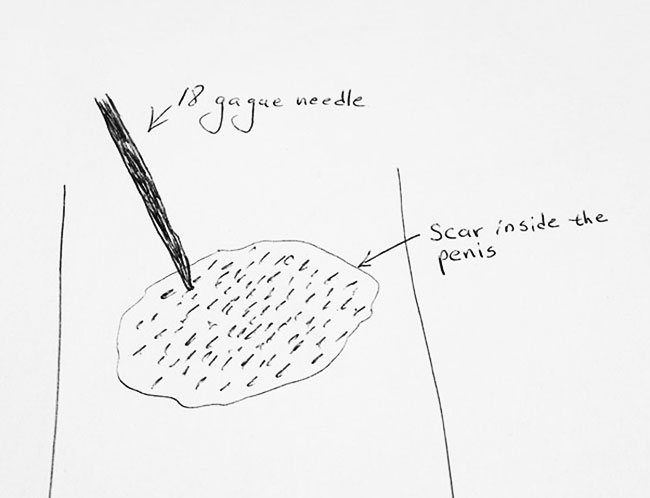 Leriche technique for Peyronies disease
Leriche technique for Peyronies disease
That sounds real good in theory. Right?
The problem is: The original curvature or bend is being caused by scar tissue. In men who already have a problem with scar tissue over development.
Guess what happens when you poke a vast amount of holes in the scar? Those hole have to heal. And, what do you think they heal with?
Right! More scar tissue.
So, now you have the original hardened scar tissue attached to some more scar tissue. And, this is in men who over produce scar tissue to begin with.
Isn’t it obvious that, after a period of time, the new bending will be even harder to lengthen than the original bending was?
The Five Year Mark
and disappointment
Unfortunately, what we see in almost all the clinical trials is ONLY the results of the procedure being tried. We don’t often hear about the surgical results down the road. Let’s say the five year mark.
At five years the results for penis surgeries of all kinds are not that wonderful. And, the Leriche technique is a definite surgical procedure.
Here’s what Dr. Nelson Bennett of the Northwestern Memorial Hospital in Chicago, IL has to tell us:
“Initially, 6 weeks after the surgery, 60% of dermal, 100% of Tutoplast, and 86% of SIS patients stated that their penile curvature was decreased. However, at 5-year follow-up, 50% of dermal, 87% of Tutoplast, and 76% of SIS patients stated that they had some recurrence of penile curvature.
Interestingly, over 65% of patients were unhappy with the outcomes of the Peyronie's surgery at 5-year follow-up. Penile length loss and worsening of erectile dysfunction was the most common reason for dissatisfaction.”
reference: Dr. Nelson Bennett
Five-year follow-up of Peyronie's graft surgery: outcomes and patient satisfaction
https://f1000.com/prime/9450956 (abstract)
Don’t Be Sucked In With
Incomplete Information
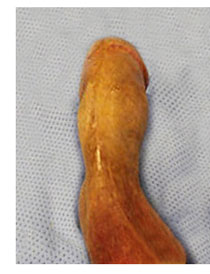 hourglass penis
hourglass penisI’m going to explain this a bit.
It’s very easy to be mis-informed because we are under-informed.
This definitely applies to the Leriche procedure to fix a bent penis. And, all the other penis surgeries.
First, penis surgery is only required in very few cases of Peyronies disease. The ONLY time it is required is when the bending is so severe that it responds to no other method, or, when there is an hour glass indentation in the shaft.
Incomplete information:
If you go to buy a house, it’s the same price as all the other houses on the street. You see it from the street, and say, “It looks great! I’ll buy it.” You’re being foolish. Are you being foolish? Are you rushing into something you will regret later? Maybe.
I mean, the furnace may be useless, the plumbing may need a complete overhaul in the next 5 years, it may leak in the rain and have extensive water damage inside, etc...
The same hold true for surgery to fix a bent or curved penis.
35% of surgeries are going to turn out OK and just fine down the road. However, as you just learned, 5 years down the road 65% of men are dissatisfied with the outcome.
Don’t be in a hurry when you choose your own Peyronies disease treatment.
Why
You Developed a Bent Penis
in the First Place
99% of the time, the reason a man develops Peyronies disease, a bent penis, is that they have an over production of scar tissue. Or, a hardening of scar tissue.
That’s ALL Peyronies disease is. An internal scar inside the penile shaft that causes the erections to bend.
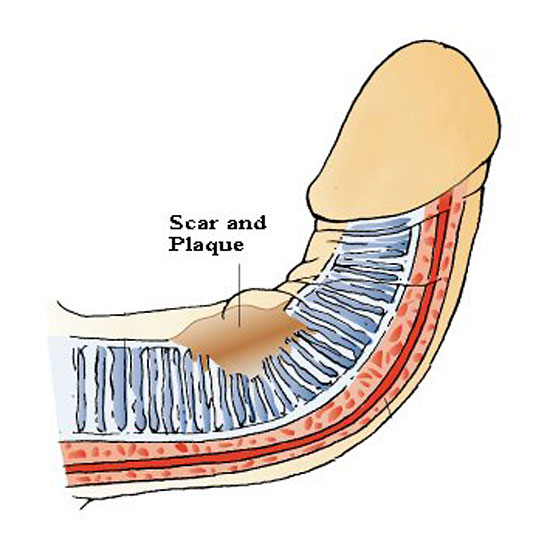
Your erection bends in the direction of the hard scar.
That is all there is to this condition. It’s that simple. And, that is also why it is not a “disease”.
Why
The Leriche Technique Can Make a Bent Penis
Much Worse
The Leriche technique chops up that scar. Normally, an 18 gauge needle is used. (The process is called needle aponeurotomy).
If the needle can’t cut enough a small scalpel-like knife called a"serpette"
is used.
The surgeon creates a saline induced erection. He keeps jabbing and cutting until the erection straightens. There is no limit to the number of cuts made.
The entire process takes less than an hour. It is an outpatient procedure.
This is what at first made it so popular.
The Leriche technique is:
- Quick
- Minimally invasive (for a penis surgery)
- Less expensive
- An outpatient procedure
- Relatively short in recovery time
What’s the Problem
With the Leriche Technique?
It seems like such an improvement. Right?
Wrong. And, this is the reason the Leriche procedure is rarely used anymore:
It’s a disaster waiting to happen.
Sure 2 months later, you may be really happy with the new straight erection. I would be. If it stayed that way.
But, the reason you got Peyronies in the first place is that your scar production is very excessive.
And, as this new scarring develops, it will thicken, and harden, and combined with the old scar tissue that was never removed, it will be even more difficult to straighten again in the future.
Scars
and the Leriche Technique
Scars have about a year and a half development cycle.
When you get a soft tissue wound (or surgical cut) this is what happens:
1 ) A delicate soft new tissue formed from fresh cells develops rather quickly to close up the wound.
2 ) As time goes on this tissue thickens and toughens to protect the area.
3 ) As more time passes the tissue continues to thicken, it hardens, possibly forms fibrous plaque for more strength.
What does all this scarring mean inside your penis? If you are one of the men who overdevelops scar tissue (which you are if you have Peyronies disease)?
It means at first you’re all joy and gladness. And, as a man whose scars overdevelop, it means in a few years you’re most probably going to be in more trouble and misery here than you started with.
Ask
Any Plastic Surgeon
Scar shrinking and scar tightening, as you learned, is a natural process of scar tissue development.
Ask any plastic surgeon about this.
This is why face lifts often look better a few years after they were performed than right after they heal. The scars left by the surgeons knife will tighten and the face lift often looks even better 5 or 10 years down the road.
Unfortunately, the same thing is going on in your penis. So, you wind up with a bent penis all over again. One that has even MORE scar tissue than it did before.
Now, here’s the kicker: They say, “You can repeat the Leriche procedure again if the condition returns.”
Let me ask you: At what point does stupid end?
Reduced Blood Flow
and
Nerve Damage
Each time you use the Leriche technique to fix a bent penis, you accumulate more and more scar tissue.
Each time you damage more and more blood vessels and nerves.
As you damage the circulation more and more, you have greater and greater chance for:
- Impotence
- Inability to orgasm
- inability to attain or maintain an erection
It just keeps getting better and better, doesn’t it?
Is Surgery
Really the Best Option?
“More and more,
the medical community is turning to correct penis traction
as the first line of treatment
for
Peyronies Disease.”
reference: Dr. Paolo Gontero
Medical News Today
https://www.medicalnewstoday.com/articles/223019.php
Yes, the Leriche procedure sounds like a great idea when compared to penis surgery like the Nesbit procedure or grafting.
But, is surgery really the best option to begin with?
And, why do many men just jump right into surgery to fix a bent penis? Answer: It was the only effective medically endorsed method of penis straightening up until 1994.
That no longer the case.
There are now three medically recommended methods that have proven to give reliable results:
- Surgery
- Xiaflex injections
- Penis Traction Therapy
Of these three methods Penis Traction Therapy (PTT) has proven to be the Safest, Most Effective, Least Expensive.
And, Penis Traction Therapy can be effective for 99% of men who suffer from curved or bent penis.
Safe, Effective,
Medically Recommended and
FDA Approved
Penis Straightening
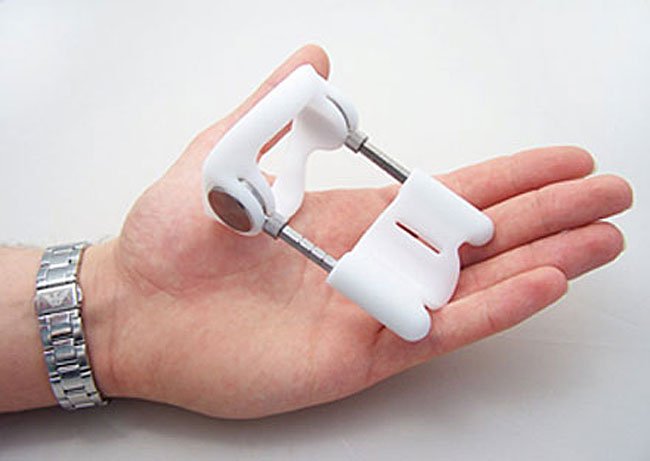
The penis traction device was invented in 1994 by a European penis surgery specialist named Dr. Jorn Ege Siana. He developed the device to keep a penis straight after surgery.
After surgery, it is possible for penises to develop a bend during the healing process. Even after the Leriche technique you are require to have lasting erections for a month to try to achieve a straight healing.
That is what the original penis traction device was developed for.
To make a long story short, Dr, Siana found that with a bit more traction he could actually straighten a bent penis without any surgery.
Penis Traction Therapy has:
No Surgical risks or possible complications
No Leriche technique scar increase
No nerve damage
No circulation damage
No loss of sensation
No erectile dysfunction from nerve damage
No inability to orgasm from nerve damage
Also, no days missed from work. No down time.
Safety, Low Cost, and the Results You Want.
Medically Endorsed and Recommended
in 29 Countries Worldwide
Yes, penis traction therapy is so good that it is now medically endorsed and recommended in 29 countries worldwide. This includes:
USA • Canada • United Kingdom • France • Belgium
• Holland • Germany • Denmark • Brazil • Thailand • Sweden • Taiwan •
Uruguay • Switzerland • Portugal • Japan • Argentina •
Philippines • Serbia • Venezuela • Italy•
Luxembourg • Australia • Andorra • Mexico • Chile • Malaysia • Tunisia •
Norway
CONCLUSIONS
- Fortunately, the Leriche technique is rarely used anymore because of the possible scarring disaster that can occur in the years that follow.
- And, even more fortunately, there is now a medically recommended, FDA approved, cost effective method of penis straightening that is Safe and Effective with NONE of the possible side effects of any surgery.
That method is called Penis Traction Therapy. PTT can be effective for 99% of men suffering from a bent penis.
- This article on the Leriche technique would get too long if I tell you all about PTT (penis traction therapy) here also.
If you want to know all the details about penis traction therapy, and which devices work best, I’ll direct you to these two articles from the Bent Penis Organization:
"Straighten A Bent Penis Without Surgery"
"The Very Best Penis Traction Devices in The World"
Be Well.....
~ William
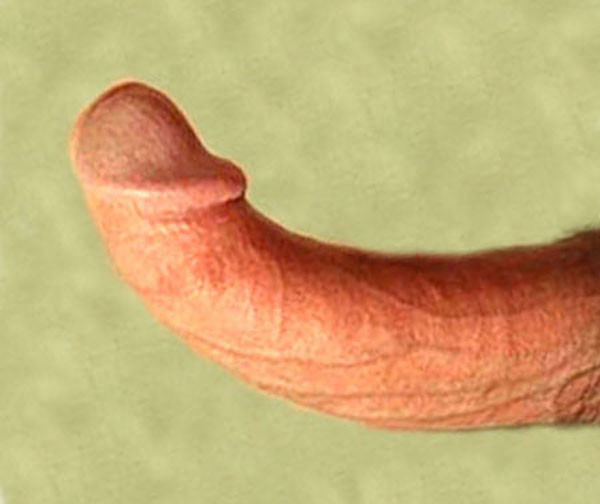
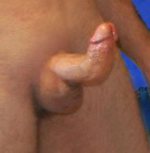


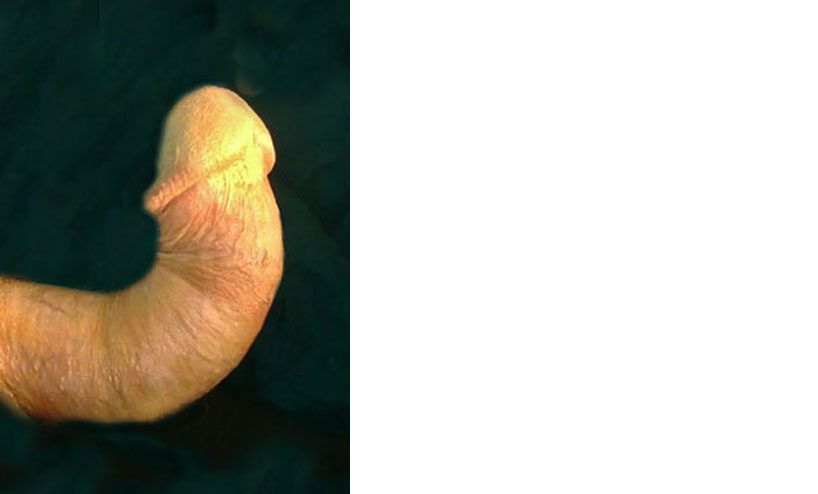
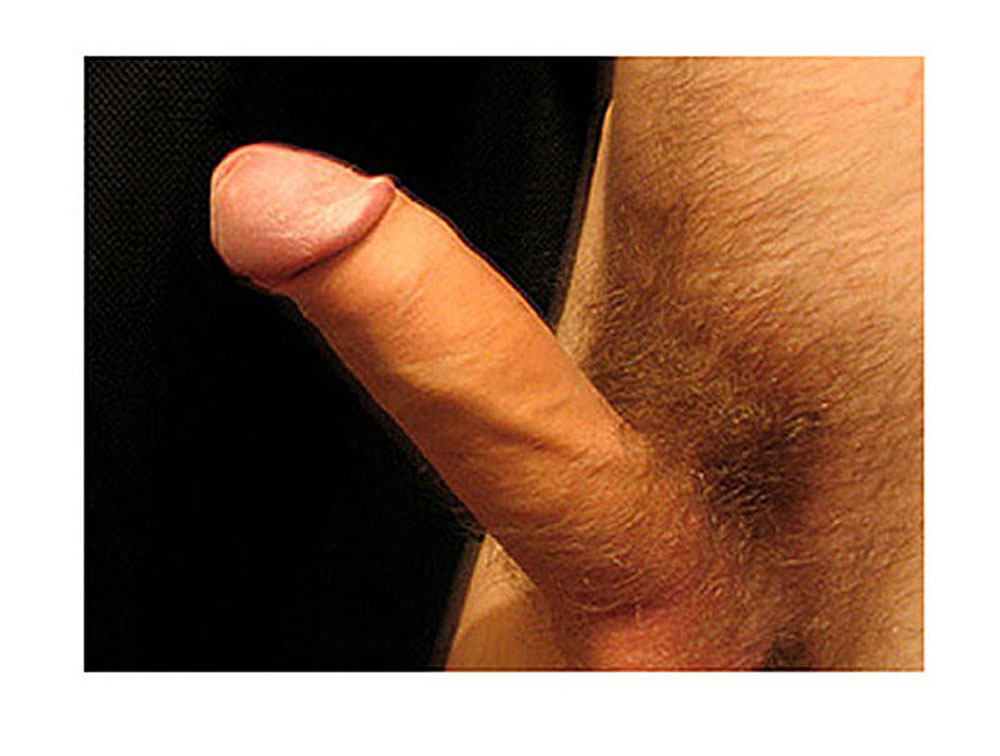
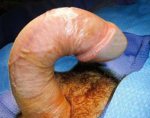
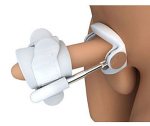
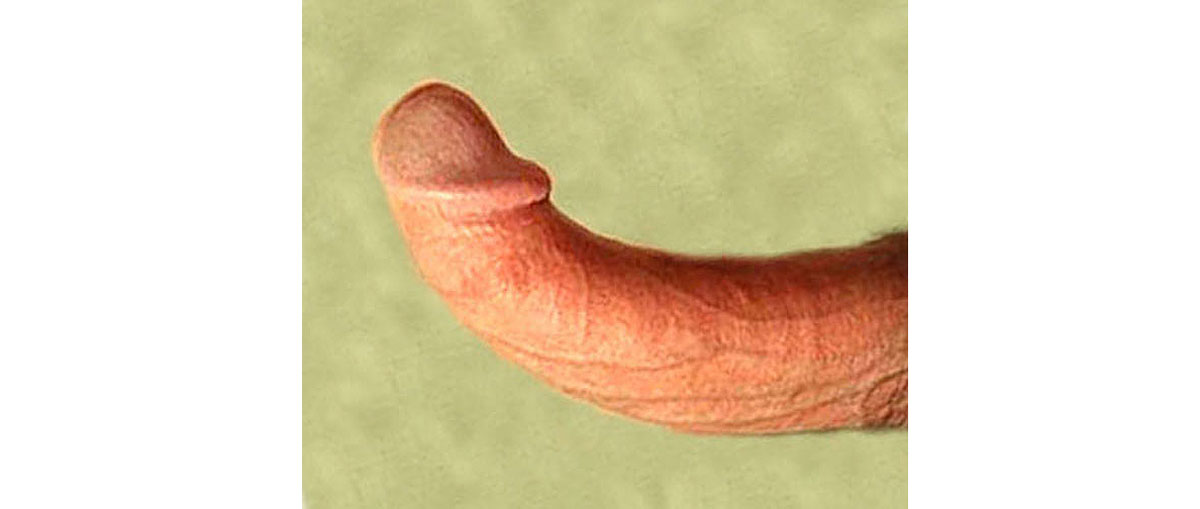

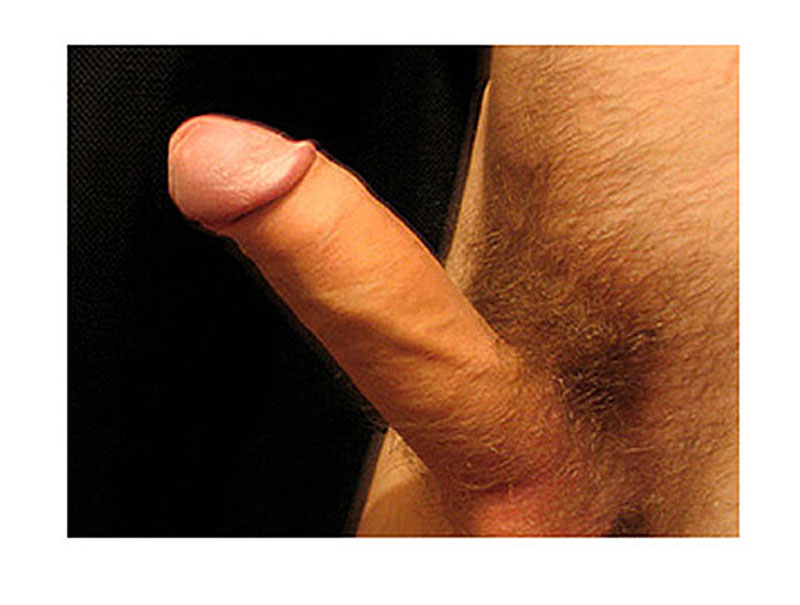

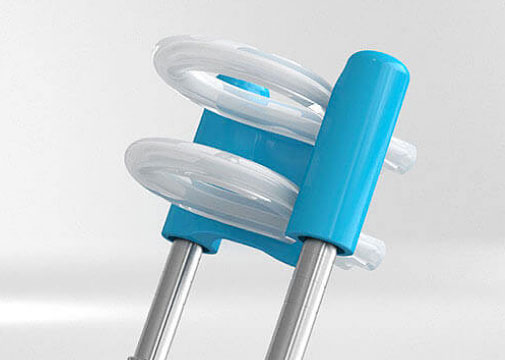

New! Comments
The Bent Penis Org authors and I would love to hear what you have to say about the pages you have read here. Your thoughts are important to us. If you can, please leave us a comment in the box below. Thanks! ~ William